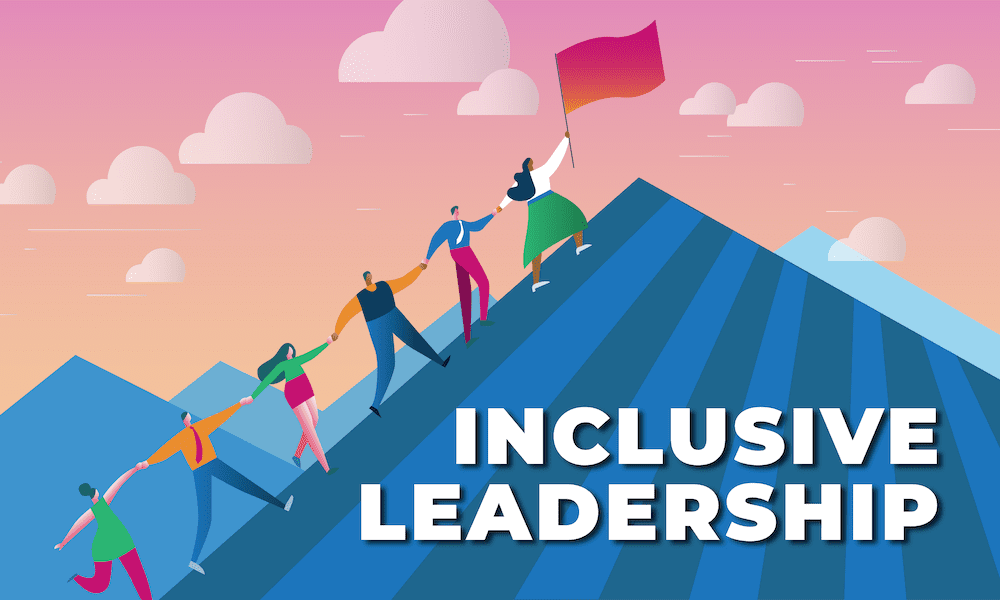In today’s dynamic and diverse work environment, the role of leadership extends beyond traditional boundaries. Inclusive leadership has emerged as a transformative force that not only shapes organizational culture but also propels success. In this blog, we will explore the profound impact of inclusive leadership, delving into its key characteristics, benefits, and how it contributes to a thriving and innovative workplace.
Building a Diverse and Engaged Team:
Inclusive leaders actively seek and embrace diversity. They understand that a variety of perspectives, backgrounds, and experiences contribute to a richer tapestry of ideas. By fostering an inclusive environment, leaders cultivate a team that is not only diverse but also engaged and motivated.
Enhancing Innovation and Creativity:
Inclusive leadership creates a space where individuals feel empowered to share their unique ideas without fear of judgment. This freedom to express diverse viewpoints fuels innovation and creativity. Inclusive leaders recognize that innovation often stems from a collaborative and open-minded approach.
Boosting Employee Morale and Loyalty:
When employees feel seen, heard, and valued, their morale and commitment to the organization increase. Inclusive leaders prioritize employee well-being, creating a positive workplace culture that fosters loyalty and dedication.
Improving Decision-Making:
Inclusive leadership involves soliciting input from a variety of sources. This collaborative decision-making process not only results in well-rounded choices but also helps leaders anticipate potential challenges and opportunities that may have been overlooked in a less inclusive setting.
Enhancing Adaptability and Resilience:
Inclusive leaders recognize the importance of adaptability in today’s rapidly changing business landscape. By embracing diverse perspectives, they instill a culture of resilience within their teams, enabling them to navigate challenges and embrace change effectively.
Creating a Positive Organizational Culture:
Inclusive leadership sets the tone for the entire organization. Leaders who champion inclusivity create a positive culture where respect, trust, and open communication thrive. This culture, in turn, attracts and retains top talent.
The impact of inclusive leadership extends beyond the superficial. It catalyzes fostering diversity, driving innovation, and creating a workplace where individuals feel valued and empowered. Embracing inclusive leadership is not merely a strategic move; it represents a commitment to constructing a resilient, adaptive, and successful organization in today’s interconnected world. As leaders embody inclusivity, they unleash the full potential of their teams, paving the way for a brighter and more successful future.
Exploring Inclusive Leadership: Key Self-Reflection Questions for Leaders.
- How deliberately do I seek diverse perspectives and varied experiences within my team?
- In what ways do I promote candid and transparent communication, ensuring all voices receive attention?
- How do I cultivate an environment where team members feel at ease sharing their unique ideas without fearing judgment?
- To what degree do I prioritize the well-being of employees and demonstrate the value placed on each individual?
- How inclusive is my decision-making process, and am I actively gathering input from diverse sources?
- In what manners do I encourage collaboration to ensure all team members are actively involved?
- How flexible is our team culture, and how adeptly do we handle challenges while embracing change?
- Am I mindful of the impact my leadership style has on organizational culture, particularly regarding respect, trust, and open communication?
- What measures am I taking to attract and retain a diverse range of talent within the organization?
- How dedicated am I to building a resilient, adaptive, and successful organization through the principles of inclusive leadership?


